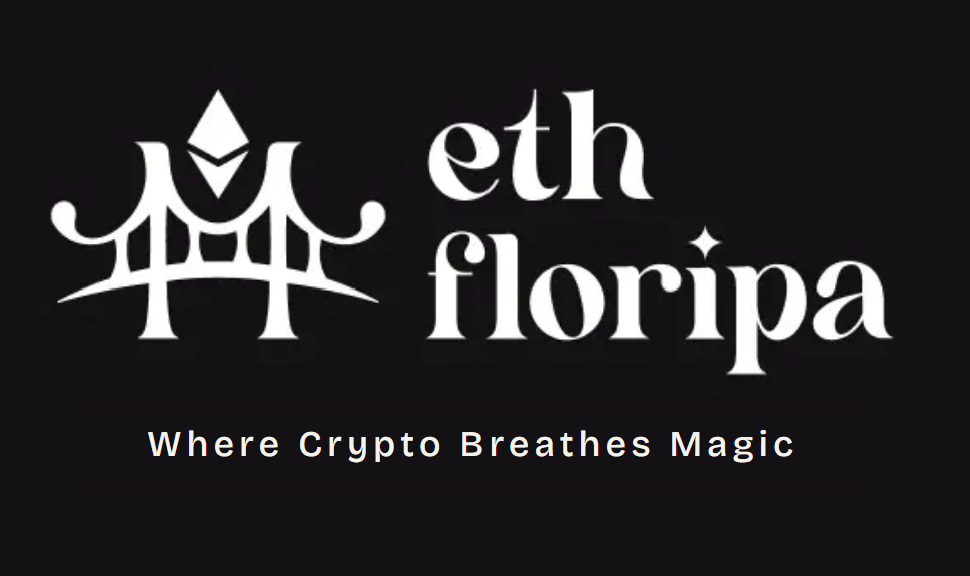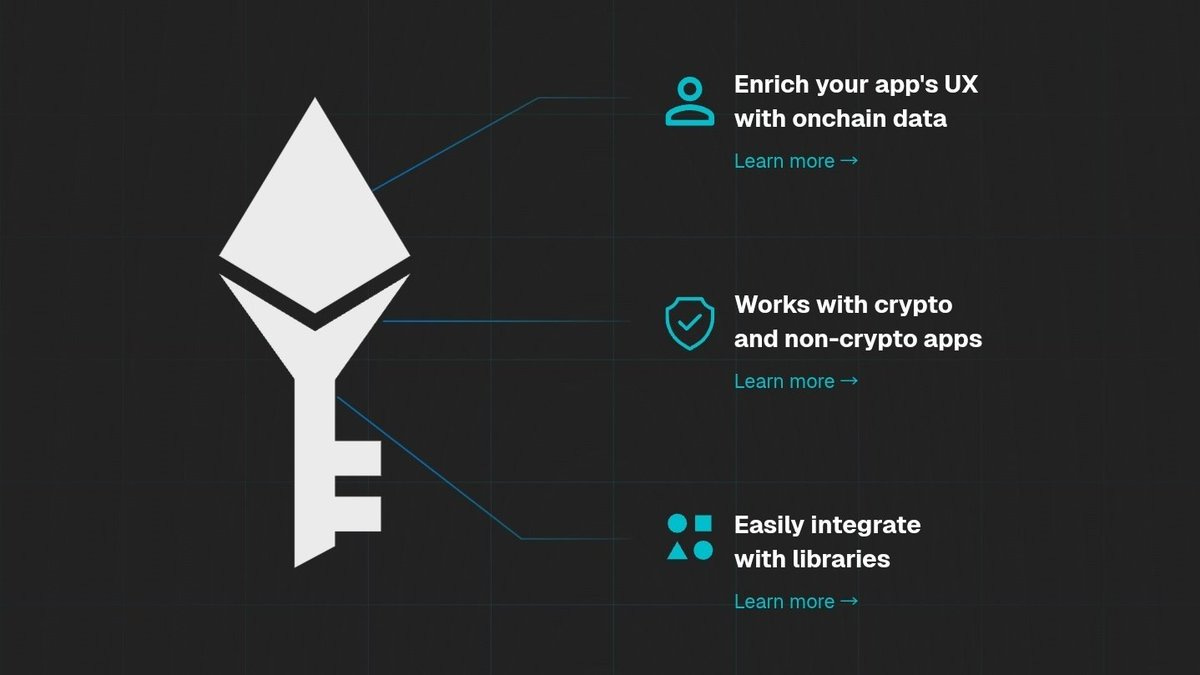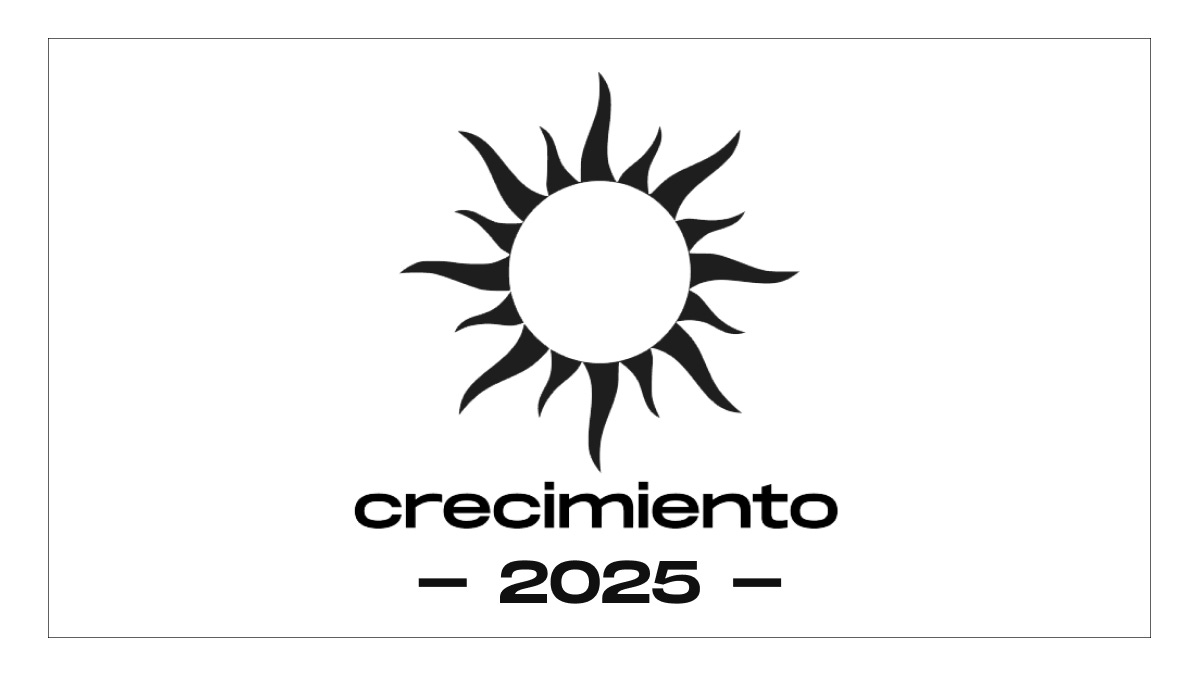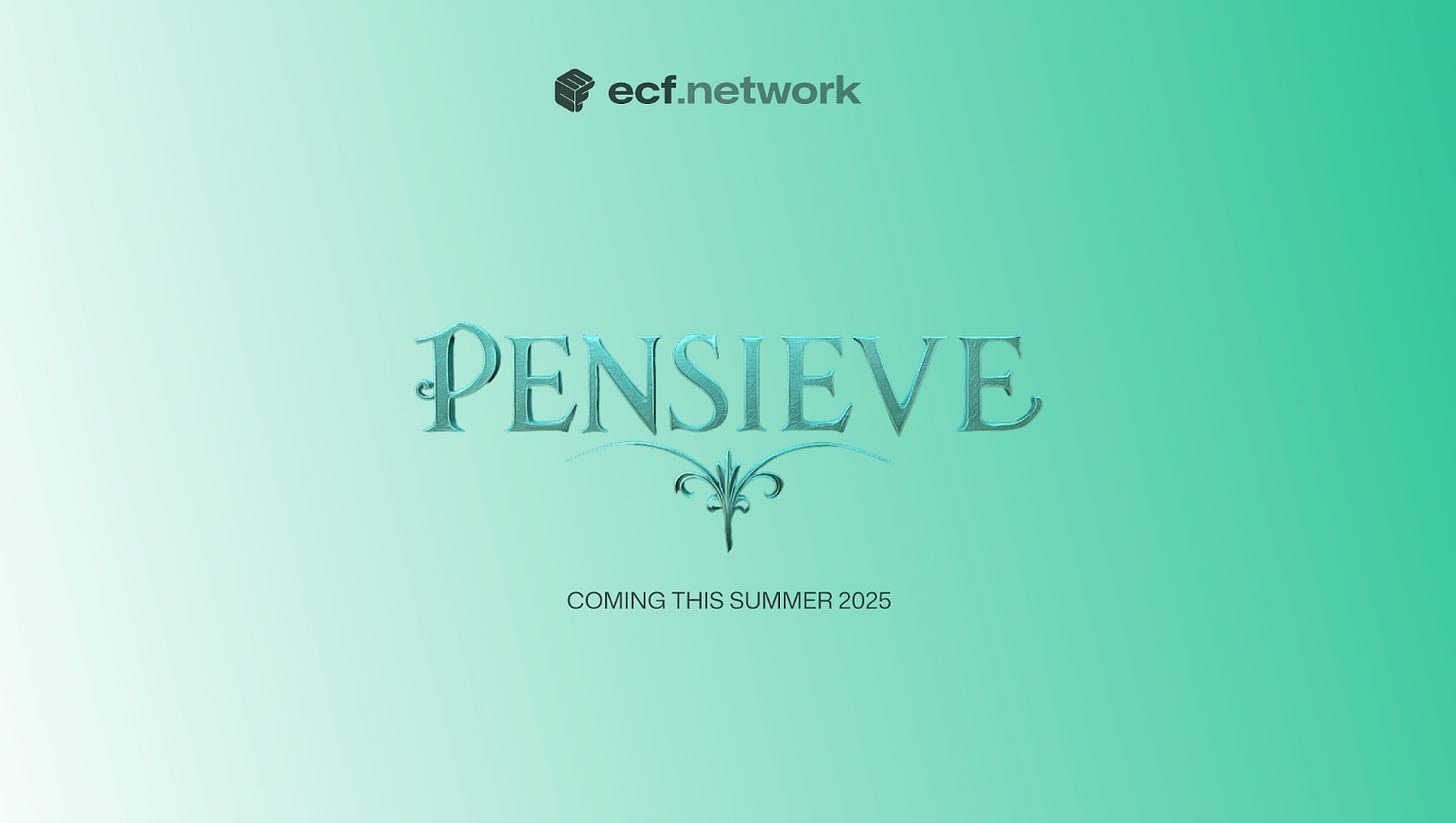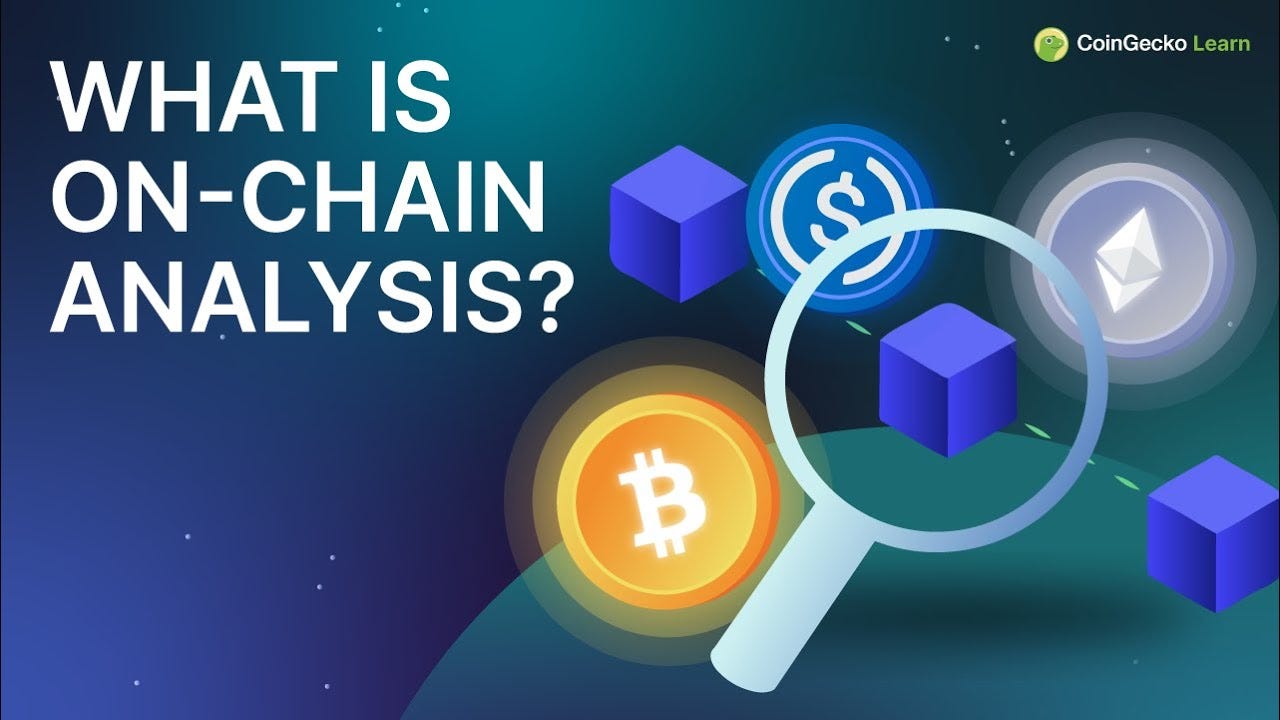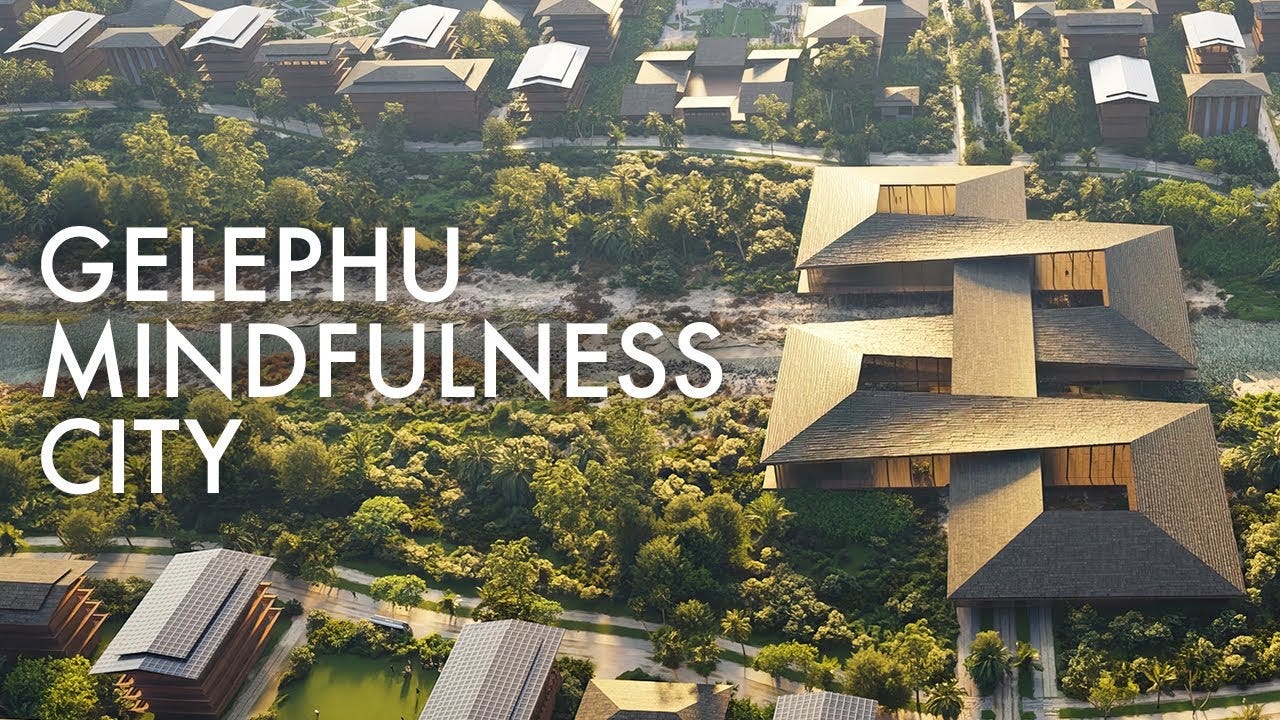Ipê News #11 - Crecimiento drama, pensieve experiment, Bhutan’s new city and more
Your weekly update on what is happening in the Startup Society ecosystem.
Hey builders!
Welcome to our 11th weekly edition of the Ipê News. Top projects shaping the Network State industry, new communities, cities, and governance experiments, for free in your inbox. Join us on Discord.
🏘️ Community Updates
Highlights from Ipê City, partner communities, or aligned initiatives.
The coming weeks are busy in South America, and Ipê City will gladly join and give talks at the major conferences. Join Ipê City’s founder in ETH Latam, get a discount for ETH Floripa, or join the biggest conference of the year (with tons of side events) and join us in the Future Cities & Hubs Community Hub with other Startup Cities founders.
This week, the Startup Cities Live invited Art Finch from the League of Free Cities, to explore special economic zones and the intersection with startup cities. Learn about the playbook for startup city and network state founders. Join us for the next one as we learn more about Digital Special Economic Zones.
🏫 Learning section
A learning segment to upskill and be able to build the tools of the future.
We previously explored the Ethereum Name Service (ENS), part of a broader stack called the Ethereum Identity Kit, which also includes the Ethereum Follow Protocol (EFP) and Sign-In with Ethereum (SIWE).
The kit allows you to integrate the Ethereum-based identity in your dApps, where ENS becomes your human-readable wallet, and SIWE allows you to sign in like Google login does in Web2. What else? The on-chain social graph.
EFP lets users follow or tag each other, creating a graph of their social connections. While it’s permissionless and open-source, EFP allows for censorship-resistant and immutable recording of your social connections.
Whenever necessary, every user can mint an NFT that represents their list of connections, called the EFP List NFT. This allows for easier interoperability with other services, and you can even monetize your social following if you wish to do so.
So far, the tech stack is still in the adoption phase, with early movers in the creator space or our friends at Yodl, and new tools for AI integration. This is why Ipe City was among the first to use ENS & EFP with a community. Join us to build more social applications.
🌐 Network Societies Update
A quick pulse on emerging cities, nomad groups, and experiments shaping the future of network societies.
A controversy about the development of the Digital Special Economic Zone (DSEZ) in Argentina erupted last week. A leaked pitch deck surfaced online showing the non-profit Crecimiento had plans to start a for-profit to run the zone infrastructure, prompting a wave of references to the $LIBRA scandal (February’s launch of a memecoin promoted by Milei).
Crecimiento quickly clarified that no token was being launched and that the private company would be the operator of the DSEZ, as has been done in other places like the UAE or Estonia. However, the situation intensified when one of their former directors and the founder of QuarkID resigned, explaining he didn’t approve of the direction to create a for-profit company with a token.
After many hard-to-verify allegations, Crecimiento released an official statement summarizing all the benefits the non-profit brought to Argentina, and its continued work towards building Argentina’s future, transparently and collaboratively.
Many startup city founders came to the defense of the strategy, arguing that public–private partnerships are a common way to operate special economic zones. They also claimed that allowing experimentation with tokens is not only acceptable but desirable, since crypto is part of the movement’s DNA.
One thing is for sure: building at the crossroads of community and politics is no easy feat. Make sure to join Devconnect this year to see how things turn out.
⚖️ Governance Tools
Exploring mechanisms for coordination, decision-making, and digital governance.
The Ethereum Community Fund (ECF) is running a new experiment to improve the funding of public goods. Called the Perennial Grant Experiment, the newly opened grant campaign is providing weekly payments to the grantees selected, based on a Transparency Score and an Accountability Score. Anyone can contribute, propose, review, or challenge projects, making it a fully permissionless public good funding mechanism.
It is using the Pensieve knowledge base, a decentralized, provenance-rich system where knowledge is collaboratively verified, transparently governed, and socially legitimized. The program has multiple categories, including ZuVillages, with Zuzalu announcing a dedicated grant round.
Since it is permissionless, you can follow their automation on X, propose new projects, earn Contribution Points (CP), add information, or vote on existing projects. The future of public good funding is being built.
🛠️ Web3 Tools
Tech shaping decentralized living, finance, and identity.
We know the crypto space can be dangerous, with regular scams and rug-pulls. Thankfully, many white-hat hackers like ZachXBT keep people in check and investigate exploits in the space, even sharing their research as they go.
He recently released his list of tools for investigations, a peek into how to track bad actors on-chain. You should all know Etherscan for raw review of the blockchain, Dune Analytics for building analytics dashboards, or Arkham Intelligence for on-chain research (sometimes called Doxx2Earn).
On-chain safety is part of the learning journey in web3, and it will be integral to the security for Network States, avoiding corruption and providing transparency. If you feel like an on-chain detective, there are platforms trying to decentralize crypto investigations, but if you are a victim of fraud and need help, contact the SEAL 911 support for 24/7 help, by the Security Alliance.
🌍 Other Interesting News
Broader movements and stories from the frontier of digital-first governance and societies.
Since we explored the origin story of the Gelephu Mindfulness City in Bhutan during our Startup Cities Live, it’s good to highlight how progressive they have been and the benefits for the network society industry.
Earlier this year, Draper Nation ran an e-hackathon in Bhutan to develop the core tools of a borderless digital economy. Now, it is Edge City that visited the Bhutanese city to explore potential synergies. The trip is worth a look!
Gelephu Mindfulness City is part of the Sarpang District Special Economic Zone, which provides a holistic framework for economic development based on the Gross National Happiness index, with its own legal autonomy. It aims to attract high-tech sectors in seven economic clusters: spirituality, health and wellness, education, green energy and tech, finance/digital assets, agri-tech/forestry, and aviation/logistics.
The zone has a Digital Reserve Bank, with friendly frameworks for cryptocurrencies to attract digital-native companies. The king recently announced Innovate for GMC, a flagship program to support the Bhutanese youth towards building mindful solutions aligned with the National Vision for the city.
💡 Join Ipê Village II
Ipê Village 2026 will be our next large-scale experiment exploring the future of communities, cities, and governance. Hosted in Florianópolis, Brazil, in March 2026, this pop-up city is open to founders, builders, creators, and techno-optimists.
Follow the journey and join the community on Twitter or Discord.


